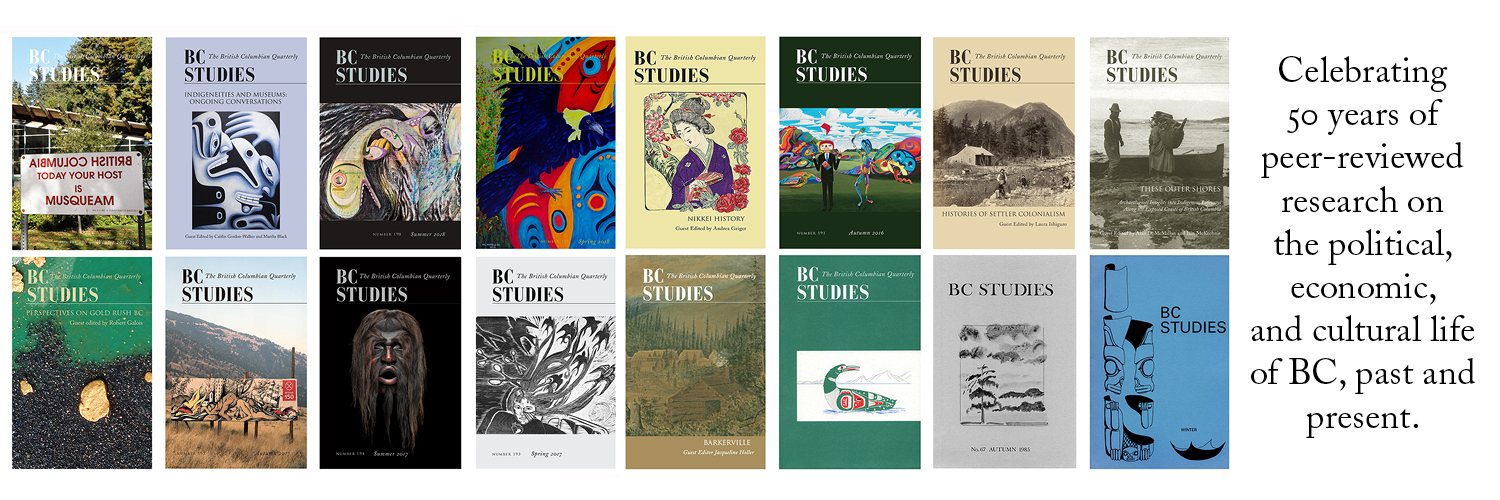Niche and Direct Marketing in the Rural-Urban Fringe: A Study of the Agricultural Economy in the Lower-Mainland and Fraser Valley
DOI:
https://doi.org/10.14288/bcs.v0i167.407Keywords:
agriculture, economy, Fraser Valley, VancouverAbstract
Farmers in the rural-urban fringe (RUF) face unique challenges. Spillovers from the urban region and competition for land increase the costs of farming relative to farming farther removed. Yet, there is greater potential for off-farm employment and niche marketing of farm products, providing more income options to RUF farmers. In this research, we employ a survey of direct- and niche-marketing farmers located in the RUF of Vancouver, Canada to examine how the rural-urban interface affects farms, particularly their long-term survivability and sustainability. From a list of 102 direct marketing and organic farmers, we managed to elicit twenty-nine completed surveys. Annual gross farm receipts averaged almost $500,000, similar to the census average for all farms in the region. Incomes varied significantly among respondents and farmers produced a wide range of products, and yet exhibiting a willingness to invest in their farms. Respondents had been farming for an average over twenty years and are highly educated.
Compared with farmers near Victoria, on Vancouver Island, producers who use direct marketing or organic methods in the Vancouver RUF have higher gross farm incomes, rely less on off-farm income and are much more likely to carry farm debt. Direct marketing also contributes to total farm sales, with only 19.5% of product value marketed at the farm-gate, at farmers’ markets or through delivery programs, compared to 57.3% of farms near Victoria. Wholesalers, distributors and processors play a larger role on the mainland, likely because the amount of farm product available makes operation of such facilities economically feasible.



